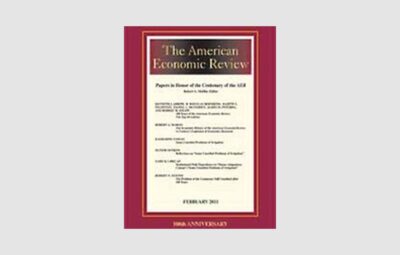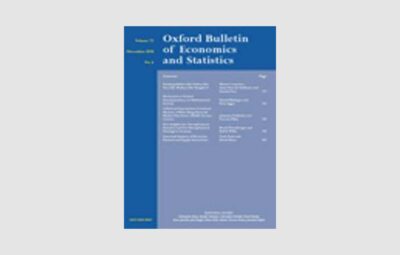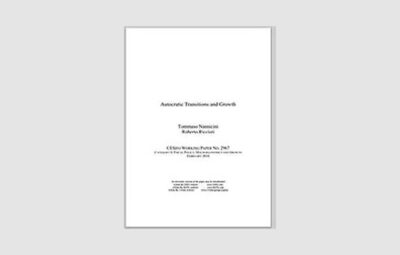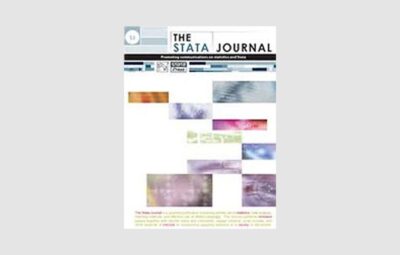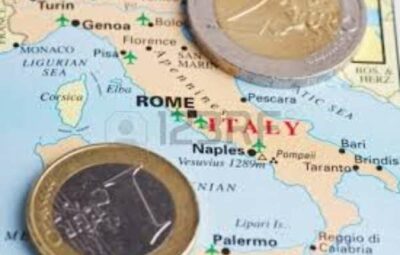
Italy and the euro: Myths and realities
The euro’s impact on southern EZ members is a key topic in national and European debates. This column argues that the economic evidence is twisted to fit preconceptions. It presents evidence based on the ‘synthetic control’ approach, finding that the euro raised trade, lowered interest rates and inflation, but had …
Tommaso Nannicini, Paolo Manasse, Alessandro Saia
#politics